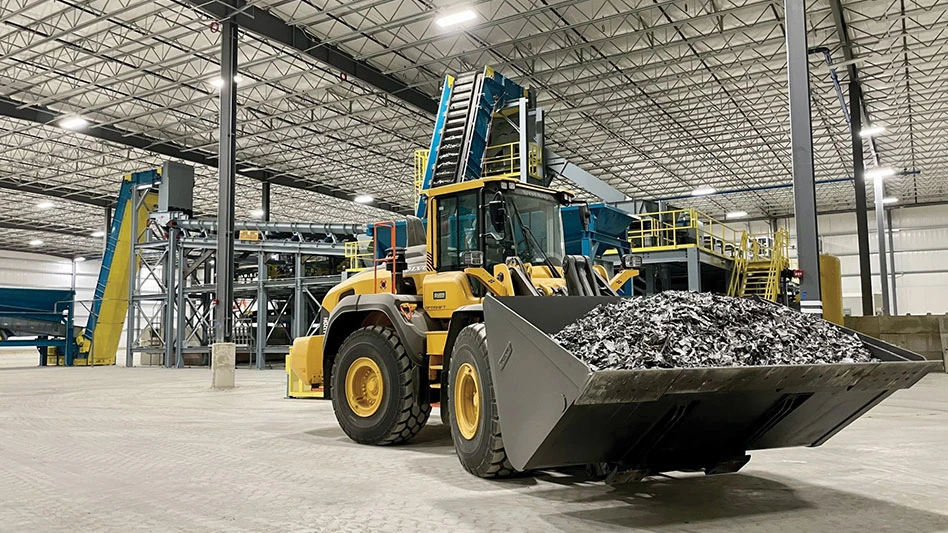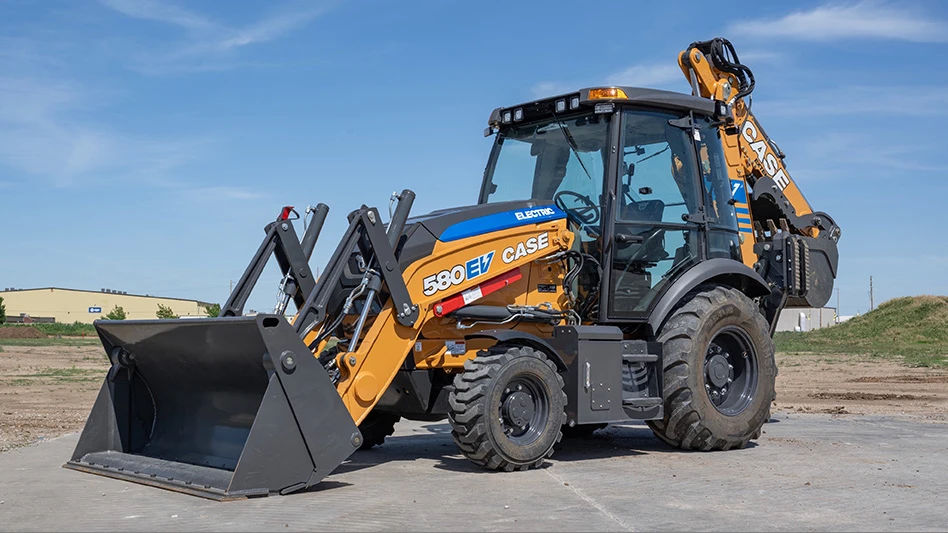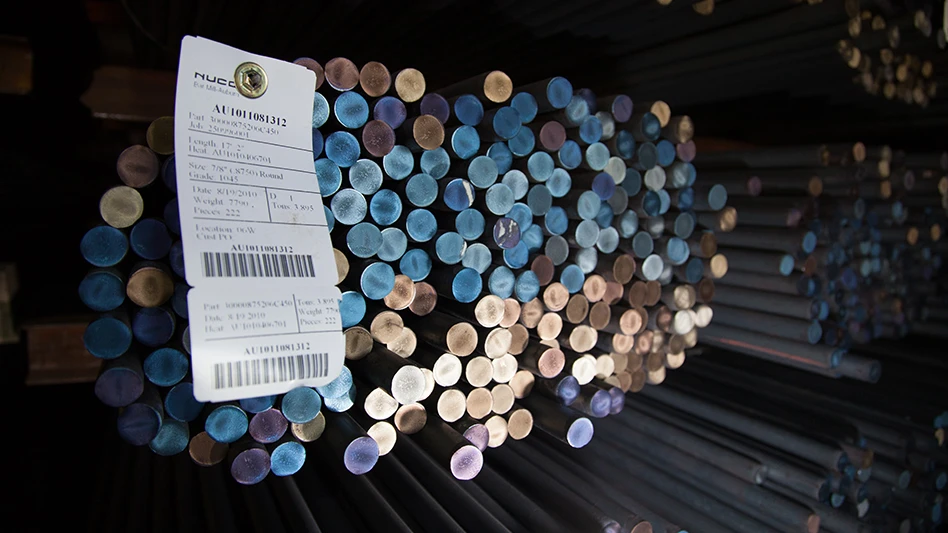
Real Industry Inc., owner of Beachwood, Ohio-based secondary aluminum producer Real Alloy, has filed for Chapter 11 debt restructuring and bankruptcy, citing difficult credit and financing conditions for its United States operations. Real Industry filed its Chapter 11 petition in the U.S. Bankruptcy Court for the District of Delaware.
In conjunction, Real Alloy Holding Inc. and its U.S. subsidiaries also filed petitions in late November 2017 for voluntary Chapter 11 reorganization in the same court. Real Alloy’s operations in Germany, the United Kingdom, Norway, Canada and Mexico and a Goodyear, Arizona, joint venture are not included in these filings, says the firm.
Scrap-consuming aluminum production facilities affected are located in several states, including two in Michigan, two in Ohio and one each in Alabama, Idaho, Illinois, Indiana, Kentucky, Oklahoma, Texas, Tennessee, West Virginia, Wisconsin, Canada and Mexico.
Some of those facilities trace back to the former IMCO Recycling and Commonwealth Industries companies, which merged to form Aleris International in 2004. Aleris sold most of those plants in 2015 to Signature Holdings, which rebranded them to Real Alloy. Real Alloy subsequently purchased plants from the former Beck Aluminum Alloys.
A Form 204 filed as part of the Chapter 11 proceedings shows scrap trading companies comprise more than half of the 20 largest creditors of Real Alloy. Topping the list with $1.3 million owed is Dallas-based Commercial Metals Co. Also owed $1 million or more are Coldwater, Michigan-based Honda Trading America Corp. and St. Louis-based Alter Trading Co.
Owed between $325,000 and $850,000 by Real Alloy are: Huron Valley Steel Corp., Trenton, Michigan; NH Kelman Scrap Recycling, Cohoes, New York; Midwest Iron & Metal, Dayton, Ohio; OmniSource Corp., Fort Wayne, Indiana; PSC Metals, Cleveland; SLC Recycling, Warren, Michigan (a division of Detroit-based Ferrous Processing & Trading); Kripke Enterprises, Toledo, Ohio; MetalX LLC, Waterloo, Indiana; and Cincinnati-based David J. Joseph Co.
Many of the scrap trading firms likely possess credit insurance policies that will minimize their losses compared to the full amount listed in the filing. It is unclear how much the scrap companies will recoup as a result of pending decisions to be made by the bankruptcy court.
“During the Chapter 11 process, Real Alloy expects to conduct business as usual in the United States and worldwide and to continue to provide customers, suppliers and other business partners with the high level of service and performance they have come to expect from Real Alloy,” the company states in the news release announcing the filing.
Real Alloy indicates it has entered into an agreement in principle with its existing asset-based facility lender and some of its bondholders for continued use of its $110 million asset-based lending facility and up to $85 million of additional liquidity through debtor-in-possession (“DIP”) financing that will enable the firm to fund ongoing business operations.
Real Alloy’s operations in the United States have been affected by “severely tightened liquidity during the past year, due in part to recently constrained trade credit terms, which hindered Real Alloy’s ability to timely refinance its $305 million 10 percent senior secured notes due January 2019,” the company indicates in its news release.
The company also indicates Terry Hogan will continue as Real Alloy’s president while Michael Hobey has been named president and interim CEO of Real Industry, and he will continue to serve as chief financial officer of Real Industry and now also as CFO of Real Alloy.
Latest from Recycling Today
- Indiana county awarded $65K recycling grant
- Mixed paper, OCC prices end year on downward trend
- Updated: CAA submits final draft program plan in Oregon
- Enviri names new president of Harsco Environmental business
- Survey outlines ‘monumental challenge’ of plastic packaging collection in UK
- Nippon Steel acknowledges delay in US Steel acquisition attempt
- BASF collaborates to study mechanical plastic recycling
- Commentary: navigating shipping regulations for end-of-life and damaged batteries





